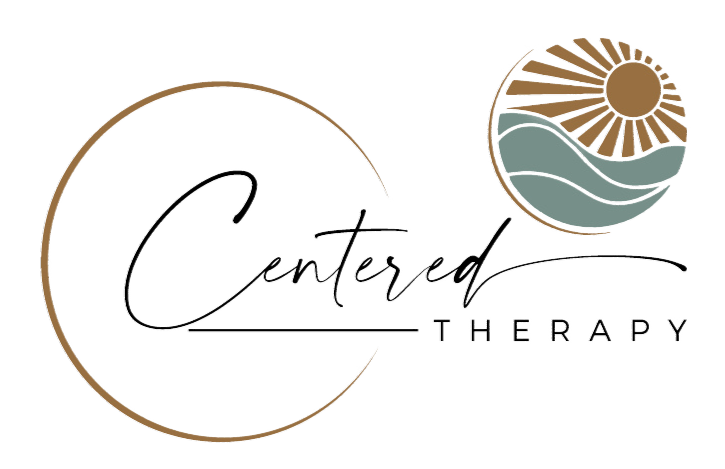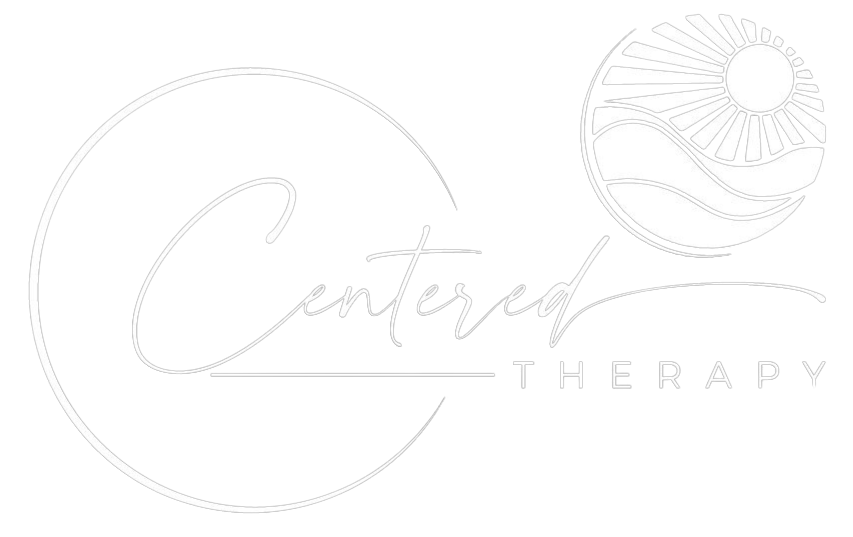Signs and Symptoms of Substance Abuse
Substance abuse, also known as drug or alcohol addiction, is a complex and challenging condition that affects individuals physically, mentally, and emotionally. Recognizing the signs and symptoms of substance abuse is crucial in identifying and addressing the problem early on. While the specific manifestations may vary depending on the substance being abused, there are common signs and symptoms to be aware of.
One of the primary indicators of substance abuse is a noticeable change in behavior. Individuals may exhibit erratic or unpredictable behavior, such as sudden mood swings, aggression, or irritability. They may become secretive, withdraw from social activities, and isolate themselves from friends and family. Neglecting responsibilities at work, school, or home is also a common sign, as substance abuse takes precedence over other obligations.
Physical symptoms can also manifest as a result of substance abuse. Dilated or constricted pupils, bloodshot eyes, and impaired coordination are often observed. Individuals may experience changes in appetite and sleep patterns, resulting in weight loss or gain and insomnia. Poor personal hygiene, neglecting physical appearance, and general neglect of health and wellness are additional indications of substance abuse.
Psychological signs and symptoms of substance abuse include frequent and intense mood swings, including heightened agitation, anxiety, or depression, may be observed. Impaired cognitive function, memory problems, and difficulty concentrating or making decisions can also be apparent. A decline in motivation, decreased interest in previously enjoyed activities, and a general loss of enthusiasm for life are indicative of the impact substance abuse can have on an individual’s mental well-being.
Financial difficulties are often associated with substance abuse. Individuals may experience financial instability due to spending excessive amounts of money on acquiring substances. This can lead to borrowing money, selling personal belongings, or engaging in illegal activities to fund their addiction. Legal problems may arise, including arrests for possession, driving under the influence, or other drug-related offenses.
Social consequences are another aspect of substance abuse. Relationships with family members, friends, and colleagues may deteriorate as trust is eroded and conflicts arise. Individuals may surround themselves with new social circles that revolve around substance abuse, further isolating themselves from positive influences.
Early intervention and access to appropriate treatment are crucial in addressing substance abuse effectively. Timely identification of these signs and symptoms enables individuals to seek the support they need to overcome addiction and embark on a path to recovery. It is important to approach the issue with empathy and understanding, as substance abuse is a complex issue that requires a holistic and compassionate approach to treatment.
Substance Abuse Treatment Options
The first step in seeking help for substance abuse is acknowledging and accepting that there is a problem. It can be a difficult and challenging realization, but it is a crucial starting point on the path to recovery. Once this acknowledgement is made, the next step is to reach out for assistance.
One option is to consult with a healthcare professional, such as a primary care physician, psychiatrist, therapist, or addiction specialist. These professionals have the knowledge and expertise to assess the severity of the substance abuse problem and recommend appropriate treatment options.
Licensed Substance Abuse Counselors are specifically trained to provide counseling and support to individuals with Substance Use Disorders. They can conduct chemical dependency assessments, develop treatment plans, and offer individual or group therapy sessions. They often work in outpatient treatment centers, community health centers, or private practice.
To locate a Substance Abuse Counselor near you browse Centered Therapy Counseling provider directory by selecting “Alcohol and Drug Use Issues” in the “Treatment Areas” drop down box.
Treatment plans for substance abuse disorder can vary depending on the individual’s needs, the severity of the addiction, and the substances involved. However, they generally include a combination of psychotherapy, medication management, and support groups participation.
Psychotherapy
Psychotherapy Is a widely used treatment approach for substance abuse. Working with a trained therapist to address underlying causes and triggers of substance abuse can empower individuals to develop coping strategies and foster healthier behaviors.
Cognitive-behavioral therapy (CBT) focuses on identifying and changing negative thoughts and behaviors associated with substance abuse. It helps individuals develop strategies to manage cravings, avoid triggers, and develop healthier coping skills. CBT also addresses distorted thinking patterns and beliefs that contribute to substance abuse.
Motivational Interviewing (MI) is another type of psychotherapy that is highly effective for treating SUD. MI is a client-centered therapy that helps individuals explore their motivations and resolve ambivalence about quitting substance use. It focuses on enhancing intrinsic motivation to change and increasing commitment to treatment. MI helps individuals recognize the negative consequences of substance abuse and develop a personal drive for positive change.
Contingency Management (CM) is a reward-based therapy that reinforces positive behaviors and abstinence from substance use. It involves providing tangible rewards or incentives for meeting treatment goals, such as attending therapy sessions, passing drug tests, or reaching sobriety milestones. CM helps reinforce positive behaviors and create a sense of accomplishment.
Dialectical Behavior Therapy (DBT) combines elements of CBT with mindfulness and acceptance-based strategies. It helps individuals develop skills for emotion regulation, distress tolerance, and interpersonal effectiveness to address substance abuse and underlying emotional issues.
12-Step Facilitation Therapy is another popular treatment option for SUD. It is based on the principles of Alcoholics Anonymous (AA) and Narcotics Anonymous (NA), and promotes engagement with mutual support groups, working through the 12 steps, and fostering spiritual growth as part of recovery.
Family therapy involves the participation of family members in the treatment process. It focuses on improving communication, resolving conflicts, and supporting the individual’s recovery within a supportive and healthy family system.
Medication-Assisted Treatment
In some cases, medications are used to help with managing the symptoms of withdrawals. Medication-assisted treatment (MAT) plans use medication such as methadone, buprenorphine, or naltrexone in combination with counseling and behavioral therapies. MAT can be particularly effective for individuals with opioid or alcohol use disorders, as these medications can help reduce cravings, alleviate withdrawal symptoms, and support long-term recovery.
Self-Help Groups
Alcoholics Anonymous (AA) or Narcotics Anonymous (NA) provide a supportive and understanding environment for individuals seeking recovery from substance abuse. These groups follow a 12-step program and offer peer support, guidance, and accountability. Attending self-help groups can help individuals feel connected to others who have experienced similar struggles, offer encouragement, and reinforce the commitment to recovery.
Substance Abuse Treatment Settings
Substance abuse treatment can be administered in various settings, depending on the severity of addiction, individual needs, and treatment goals. Choosing between in-patient and outpatient treatment depends on personal preference, the presence of co-occurring disorders, personal circumstances, and recommendations of healthcare professionals. Individuals should consult with addiction specialists to determine the most suitable treatment setting based on their unique needs and circumstances.
In-patient Substance Abuse Treatment
The in-patient setting, or residential substance abuse treatment, involves staying at a specialized facility dedicated to substance abuse recovery. These facilities are often referred to as rehabilitation centers, “drug rehab centers” or “rehabs”. They offer a structured and immersive environment where individuals receive round-the-clock care and support. In-patient programs provide a comprehensive range of services, including detoxification, individual and group therapy, medical monitoring, skill-building activities, and aftercare planning. However, as in-patient treatment can be very expensive, it is a last resort for many.
Outpatient Substance Abuse Treatment
By allowing individuals to receive substance abuse treatment while living at home, outpatient treatment for substance abuse allows the maintenance of daily routines. Outpatient programs offer flexibility, meaning patients can tailor their treatment around various schedules and commitments. These programs typically involve regular therapy sessions, educational workshops, and support groups. Individuals with mild to moderate substance abuse issues, a stable support system, and the ability to manage their daily responsibilities may benefit from this type of treatment.
Centered Therapy Counseling selected mental health clinics offer Intensive Outpatient Programs for substance abuse treatments, but almost every clinic offers substance abuse counseling and outpatient treatment plans. Locate a clinic near you or search for substance abuse counselors by selecting “Alcohol and Drug Use Issues” in the “Treatment Areas” drop down box.
Holistic Approaches to Substance Abuse Treatment
Holistic substance abuse treatments focus on addressing the individual as a whole. Focusing on physical, mental, emotional, and spiritual well-being at once allows these approaches to recognize that substance abuse is often intertwined with various aspects of a person’s life. They aim to promote overall healing and balance. Holistic treatments may include:
- Yoga
- Meditation
- Acupuncture
- Art therapy
- Mindfulness practices
- Self-care
- Nutritious diet
- Sufficient sleep
- Regular exercise
Aftercare and Relapse Prevention
The steps following the completion of a course, known as aftercare and relapse prevention, are crucial components of substance abuse treatment, aiming to support individuals in maintaining their recovery and reducing the risk of relapse. As the journey to recovery does not end by completing a treatment program, it requires ongoing support and strategies to sustain sobriety and navigate the challenges of daily life.
Aftercare programs offer continued support and essential resources following the initial treatment phase. These programs may include regular check-ins, counseling sessions, support groups, and access to community resources. The goal is to provide individuals with the tools and support needed to maintain their recovery, manage triggers and cravings, and make healthy choices.
Relapse prevention focuses on identifying and managing the factors that may lead to a person returning to substance use. It develops coping skills, creating a relapse prevention plan, and learning healthy strategies to address stress, triggers, and cravings. Strategies may include ongoing therapy, mindfulness practices, and lifestyle changes.
Support from family, friends, and peer support groups can play a significant role in aftercare and relapse prevention. Engaging in a supportive community and building a strong network can provide encouragement, accountability, and a sense of belonging.


